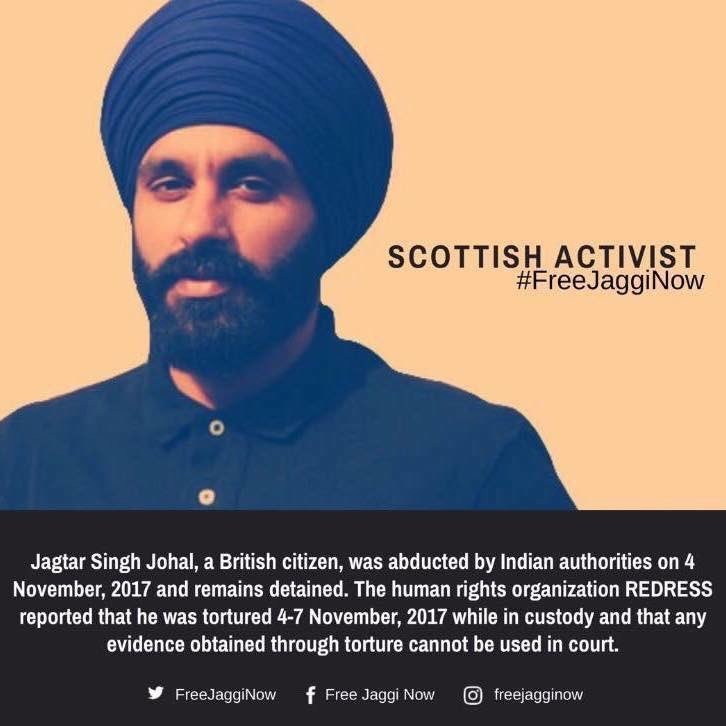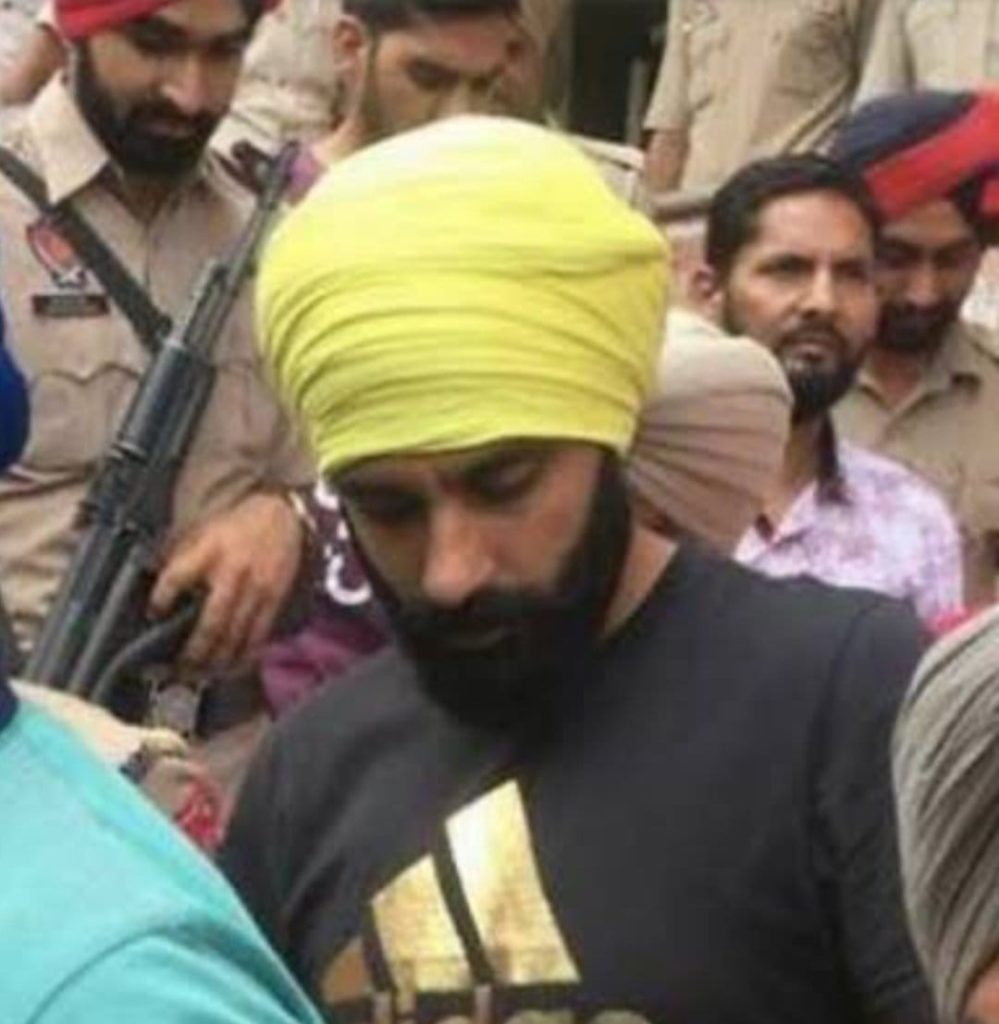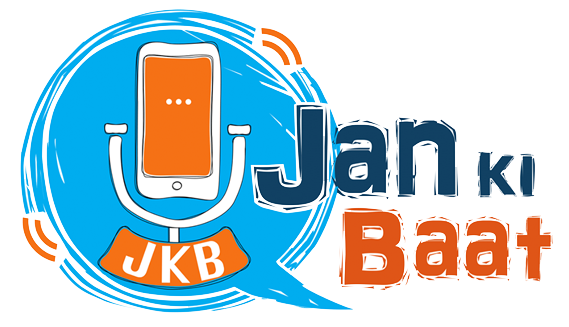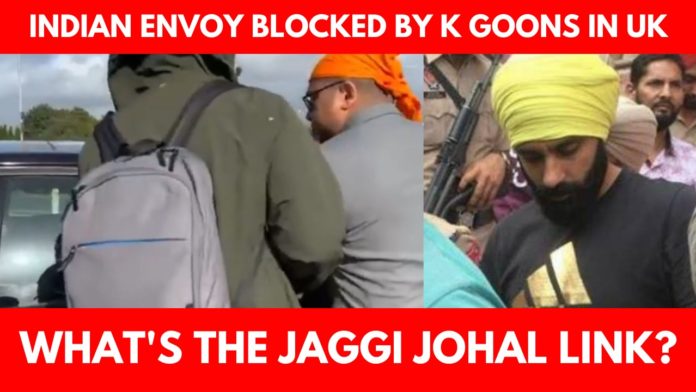Amid the ongoing diplomatic tension between India and Canada over the killing of Khalistani terrorist Hardeep Singh Nijjar, a new incident has raised serious concerns about the extent of Khalistani support on foreign soil. This morning, the shocking event outside a gurudwara in Glasgow, Scotland, has left Indians shocked. Pro-Khalistan supporters forcibly blocked Indian High Commissioner Vikram Doraiswami from entering a Gurudwara in Glasgow, Scotland. The goons were foreign nationals.
Glasgow Gurudwara Incident: Free run for Khalistanis in UK?
Khalistani extremists confronted Indian High Commissioner to the UK, Vikram Doraiswami, upon his arrival at the Gurudwara. Despite being invited by the Gurudwara committee, these men physically intimidated him and even attempted to attack the High Commissioner’s car. Shockingly, they recorded these actions and shamelessly shared them on their social media accounts.
Colin Bloom’s Firm Response
In response to this deeply troubling incident, Colin Bloom, author of the report ‘The Bloom Review’ and the former independent faith engagement advisor to the UK government, minced no words in his condemnation. He stated:
‘The Sikh Gurudwara committee in a Glasgow Gurudwara put on a community reception to host the Indian High Commissioner. A group of out-of-town Pro-Khalistan activists turned up and physically intimidated the local Sikh committee, and tried to attack the High Commissioner in his car, and they filmed themselves doing it and put it out on their social media accounts. The UK Government needs to do more to deal with these extremist fringe elements’
In the past his report ‘The Bloom Review’ highlighted that the ‘tiny and aggressive minority of Khalistani Sikhs’ in UK are not representative of the silent majority of Sikhs.
SGPC’s Alarming Reaction:
While the Indian government took strong exception and immediately raised the issue with UK authorities, the Shiromani Gurdwara Parbandhak Committee (SGPC) in India, surprisingly, seemed to lean towards justifying the Khalistani elements’ actions.
When commenting on the incident, SGPC General Secretary Gurcharan Singh Grewal said:
‘People of England are upset with the illegal arrest of Jaggi Johal. That is the reason all of this is happening… We want to ask the Indian Embassy that any kind of tension should not be created… If something like this has happened with an ambassador in a Gurudwara, it affects the reputation of Sikhs… Earlier, an ambassador was beaten, we don’t support it… The reputation of Sikhs is affected all over the world… There is no restriction on entering any Gurudwara. But I don’t know what their reasons were. To avoid any tensions created because of his (Vikram Doraiswami) visit, they must have stopped him.”
The Shadow of Jaggi Johal: A Chilling Reminder
In the midst of this shocking incident, it’s essential to remember the disturbing case of Jaggi Johal. He stands accused of being involved in five targeted killings of Hindu leaders, two attempted murder charges, possession of illegal weapons, and funding the terrorist outfit Khalistan Liberation Force (KLF). KLF is designated as a terrorist gang in India.

Johal’s life took a significant turn when he arrived in India on October 2, 2017, and subsequently married a Punjabi woman on October 18. While his family returned to the UK after the wedding, Johal chose to stay in India. However, he was arrested on November 4, 2017, in Raman Mandi town of Jalandhar district by a Punjab Police team.
Bhagwant Mann’s backing of Jaggi Johal:
Punjab Chief Minister Bhagwant Mann, who was Sangrur MP in 2017, expressed concerns about the circumstances of Johal’s arrest. He suggested that Indian agencies should have consulted the British government regarding Johal’s arrest, highlighting the potential impact on the confidence of NRIs (Non-Resident Indians) in sending their children to Punjab.

International Advocacy for Johal’s Release: A Controversy
Jaggi Johal’s family, along with various advocacy groups, has been tirelessly lobbying for his release since his arrest in 2017. In May of this year, the UN Human Rights Council’s Working Group on Arbitrary Detention published a report that classified Johal’s detention as arbitrary, further fueling the calls for his release.
Some individuals and groups abroad argue that Johal’s arrest was unjust. They claim that he was abducted during his wedding celebrations, severely tortured, and forced to sign blank papers. In May 2022, the UN working group on arbitrary detention concluded that Johal’s detention violated international human rights law, dubbing it arbitrary.
Impact of Jaggi Johal’s arrest on India – UK ties
Despite calls from more than 70 MPs to request Johal’s release during Prime Minister Rishi Sunak’s visit to India for the G20 leaders’ summit, the UK government declined to do so.
The Foreign Office, citing the ongoing trial and concerns about interference in India’s judicial process, refrained from making a public call for Johal’s release. There’s speculation about British security services possibly sharing information leading to Johal’s arrest.
Support for Khalistanis abroad: A reality and a diplomatic challenge for India
The incident at the Glasgow Gurudwara highlights how Khalistani sympathisers on foreign shores are given a free run. Be it the fallout of Hardeep Singh Nijjar’s killing in Canada or the attempt to drag Jaggi Johal case to justify the blocking of our High Commissioner in Glasgow -the diplomatic challenges arising from the Khalistan problem pose complex questions . India has reaffirmed its commitment to safeguarding the rights and security of its citizens and diplomats. The world must now recognize that supporting extremism in any form poses a grave threat to peace and stability, and it’s incumbent upon responsible nations, especially the West to stand firmly against it.

